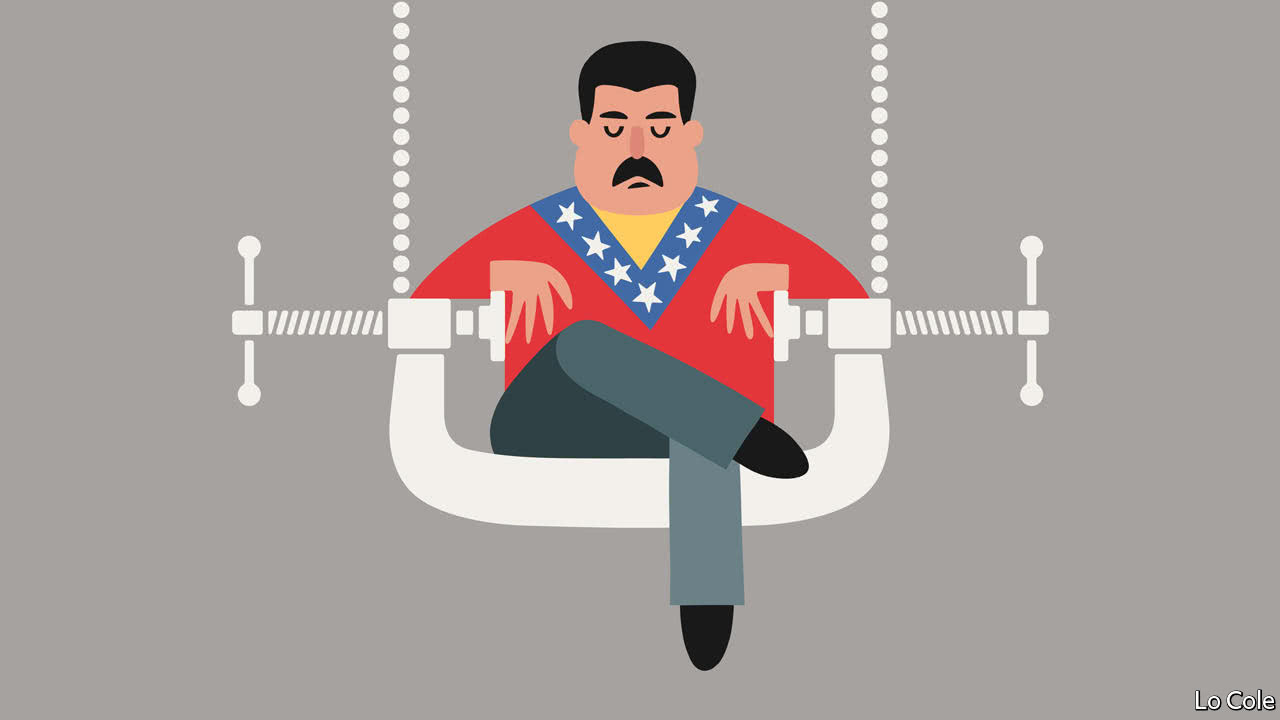
Since Donald Trump said that he is not ruling out a military option, many Venezuelans, like the hostages in SWAT team movies, fantasize about an armed intervention that will finally put an end to the hostage takers. Long live Hollywood!
Now there is no talk of invasion, but of humanitarian intervention. We understand that we can’t expect intervention the United Nations, since the Security Council won’t allow it over vetoes from China and Russia. So it will be a unilateral or collective action, similar to the U.S. action in Grenada in 1983, or NATO in Kosovo in 1999. The question is: What country or group of countries will send their young people to fight (and die) for the cause of a freedom that we have not been able to win back?
A series of recent events has created expectations, including Trump’s insistence that he is not ruling out a military option, Rex Tillerson’s tour of the region, the formation of a coalition to confront the Venezuelan government, the presence of the U.S. Southern Command in Colombia and the deployment of Colombian and Brazilian troops on the border. Surprisingly, parts of both the opposition and the government view these events as international intervention. The former are happy that the end is near. The criminal government conspirators are very worried, and should be, because there is a sword of Damocles hanging over their heads. Roy Chaderton and Tarek Saab proclaim that Colombia is preparing a joint invasion with the Yankees, while Nicolás Maduro is asking the pope to prevent such an invasion.*
These events are part of a plan to create “ideological containment” (asserted by Rómulo Betancourt**) around the Castro-Chavista Venezuela, but are empowered by ongoing and strong international pressure stemming from sanctions by the U.S. and Europe on the members of the Venezuelan government, as well as economic sanctions which have barely begun with Trump’s Treasury Department. The European Parliament has already asked for an expansion of sanctions to include “the president, vice-president, the Defense Minister, and the highest ranking members of the military,” Maduro’s “tightest circle,” and his family.*** The European Parliament could go further than that and impose economic sanctions or take a position similar to the position it took with Cuba. For its part, the U.S. policy of “T&T” (Trump and Tillerson) has already been announced and increases personal sanctions as well as oil sanctions.
Is a military intervention possible? Yes, it is insofar as the Venezuelan government becomes a clear and present danger to the U.S. and its neighbors, if, for example, it endangers the stability of Colombia, or its level of involvement with “transnational crime organizations” is considered an “immediate … threat to our hemisphere,” as dictated by the T&T policy. But this is unlikely. Maduro and the Cubans know how far to push their luck.
In the short and medium term, sanctions will be increased on the government’s leaders and their families. Later there will be stronger economic sanctions similar to the sanctions that involve oil. The intention is to destabilize the government regime so that we can take advantage of these circumstances from within in order to promote change. If this is not achieved, we will end up worse off than the Cubans, isolated and subject to not only hunger and a police state, but also to common and semi-state-sponsored crime.
*Editor’s note: Roy Chaderton is a senior Venezuelan diplomat and politician; Tarek Saab is a Venezuelan politician; Nicolás Maduro is the president of Venezuela.
**Editor’s note: Romulo Betancourt, known as “The Father of Venezuelan Democracy,” was the 47th and 54th president of Venezuela, serving from 1945-1948, and again from 1959-1964. He died in 1981.
***Editor’s note: This quotation, accurately translated from the original, could not be verified.

Leave a Reply
You must be logged in to post a comment.